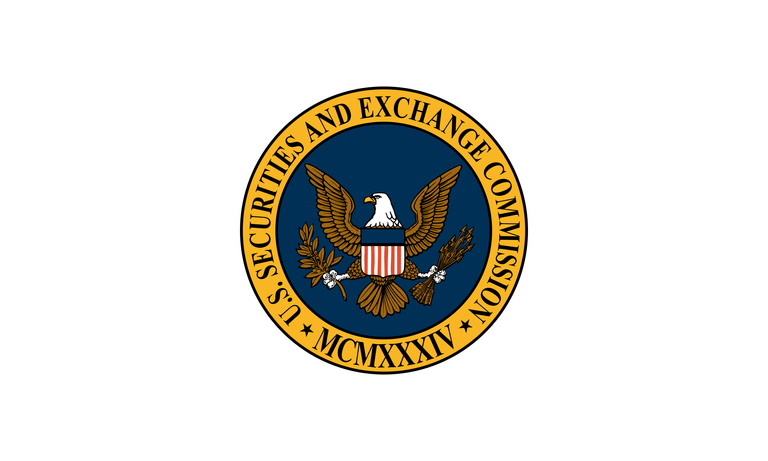
The lawsuit filed by the US regulatory agency SEC against Ripple and its two executives has caused an earthquake in the cryptocurrency markets. Although there was no serious decrease in the price of Bitcoin, many coins, especially XRP, experienced significant losses in value. So what does the SEC do with such an impact on the markets? Let's try to understand the SEC together ...
The United States Securities and Exchange Commission (SEC) is an institution that oversees securities and exchanges in the United States. It was founded in 1934 after the negative events that occurred in the stock exchange in 1929. It is responsible for enforcing federal securities laws, recommending securities rules, and regulating the securities industry, the country's stock and options exchanges, and other activities and organizations, including electronic securities markets in the United States. It is headquartered in Washington. It has the management staff of five appointed commissioners and 11 regional offices that amend and enforce the laws on investments.
The SEC protects investors and promotes market development in order to maintain America's global role as an economic powerhouse.
One of the most important parts of the SEC's mission is to protect a transparent market. He can order an audit of a company he suspects of illegal practices and can sue those who break the law.
SEC focuses on supporting market growth through continuous capital accumulation.
Another important function of the SEC is consumer education. Anyone looking to invest can access valuable information and advice through the agency, including publications and workshops on safe investment. The SEC can also provide information about careers in the investment field and hire a staff member to handle consumer complaints and issues. If a consumer complaint is deemed worthy of investigation, the SEC may bring the criminal company or individual to justice in a court of law and recover illegal profits.
Although SEC comes up with Ripple, it actively controls the cryptocurrency markets.
A few examples;
On September 30, 2019, the charges against Block.one, the creator of SEC EOS, were the same as for Ripple. Raising funds and making billions of dollars by selling unregistered securities. The fine is $ 24 million.
In October 2019, Telegram stopped the token sale on the grounds that it was off the record. Telegram collected $ 1.7 billion with Gram tokens in 2018. While it was building its own blockchain, the SEC stopped the token sale and ordered the return of the funds received from the investors. Telegram finished the project after this development.
He paid $ 5 million in the SEC's 2019 lawsuit against the KIK platform. It has also made it official that KIN, the platform's own token, is not a security. The same official decision was made for Bitcoin and Ethereum.
The SEC is paying more attention to especially Russian-based ICO projects. The SEC is making money from US investors by Russian-based companies and making millions of dollars out of the US economy. They think this issue is a risky issue and needs to be taken precautions.
The SEC wants it to take stricter steps in overseeing ICOs. He thinks that the measures to be taken by the USA on this issue can be solved more easily and in a short time by acting together with other countries. The United States Securities and Exchange Commission (SEC) is not against cryptocurrency. However, it is trying to clarify as soon as possible that ICOs pose a threat to the world of the future, and the necessary legal measures to eliminate this.
Posted Using LeoFinance Beta
Thank you to everyone who supported.
Posted Using LeoFinance Beta